The rise and rise of home-schooling
Why more parents in the US and UK are choosing to educate their children at home
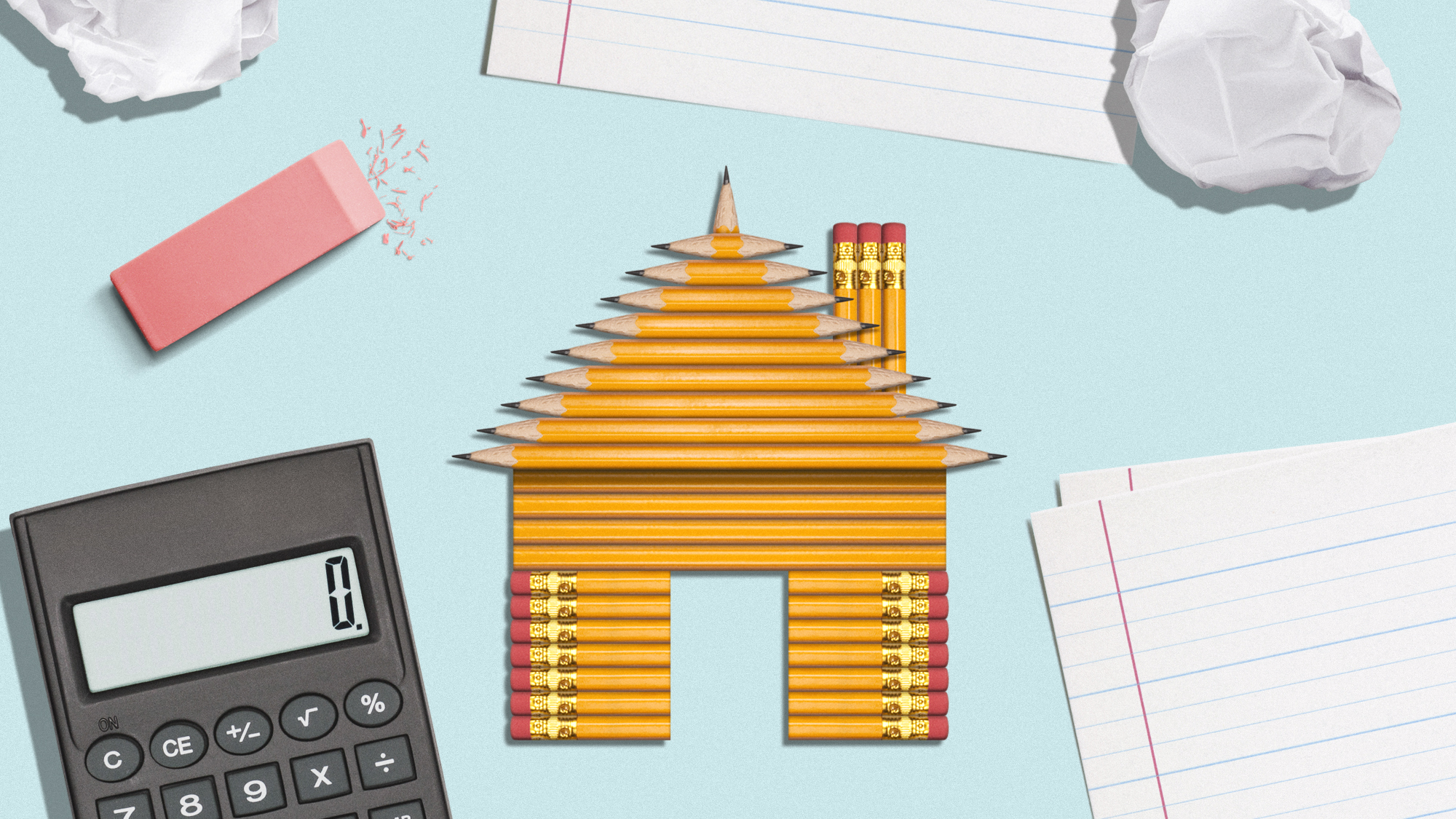
A free daily email with the biggest news stories of the day – and the best features from TheWeek.com
You are now subscribed
Your newsletter sign-up was successful
A record number of US parents are choosing to forgo traditional schooling and teach their children at home.
According to data analysis by The Washington Post, the number of home-schooled children in the last academic year was 51% higher than in 2017–18 in states where information was available, while enrolments at public schools (the equivalent of state schools in the UK) dropped by 4%.
The paper estimated that the total number of American children being taught at home was now between 1.9 million and 2.7 million – a "remarkable expansion for a form of instruction that 40 years ago was still considered illegal in much of the country", and was once largely confined to an "ideological fringe".
The Week
Escape your echo chamber. Get the facts behind the news, plus analysis from multiple perspectives.

Sign up for The Week's Free Newsletters
From our morning news briefing to a weekly Good News Newsletter, get the best of The Week delivered directly to your inbox.
From our morning news briefing to a weekly Good News Newsletter, get the best of The Week delivered directly to your inbox.
And the impact of the spread of home-schooling, "on society, on public schools and, above all, on hundreds of thousands of children now learning outside a conventional academic setting", is beginning to be felt.
Why is home-schooling so popular in the US?
Home-schooling in the US has historically been driven by the conservative evangelical movement. In recent years, conservative Christians have looked at home-schooling as a way to escape the country's secular public education system and ultimately prevent their children from being exposed to beliefs and value systems different to their own.
But there are other factors at play, too. In US states where conservative governments have made sweeping changes to the curriculum, some liberal parents are choosing to take their children out of public schools. Parents have also cited concerns about the school environment such as safety, exposure to drugs, and peer pressure as a major factor in the decision to home-school their children.
Are US public schools failing?
Not really, according to the analysis by The Washington Post. The paper found "no correlation between school district quality, as measured by standardised test scores, and home-schooling growth".
A free daily email with the biggest news stories of the day – and the best features from TheWeek.com
It noted that some of the biggest spikes in home-schooling during the pandemic were in high-performing school districts, although "by the fall of 2022 increases were similar regardless of school performance", said the paper.
Is home-schooling popular in the UK?
It has become much more popular since the pandemic. The number of children in England being home-schooled has jumped by 40% since 2019, The Independent reported. This figure was based on freedom of information (FOI) requests by Wolsey Hall Oxford, a home-schooling college. In the 171 local authorities that provided data, there were 81,250 children learning at home in 2022 compared to 57,531 four years ago.
Home-schooling parents have cited various reasons for taking their children out of British state schools, including having positive experiences teaching their children during the four months pupils in England were kept at home during lockdowns.
Some experts have also pointed to the damaging effect of budget cuts in schools, increased class sizes, overworked teachers and reduced pastoral care as reasons why students are leaving mainstream state education.
Is home-schooling better for children?
Some experts, such as Harvard Law School professor Elizabeth Bartholet, have warned of the "strong connection between home-schooling and maltreatment", arguing that children being educated at home could have little to no safeguarding against abuse.
Bartholet also noted that there is a "shocking lack of regulation" over educational standards around home-schooling; a dozen states in the US do not require parents to register their children as being home-schooled, while only 10 states require parents to have "any educational qualifications whatsoever" before they can teach their children at home.
But many parents who choose to home-school their children say it is a way to ensure their children avoid bullying, social exclusion and unnecessary exam pressure. Some parents with children with special educational needs have also argued home-schooling is a way their children can receive extra support and an education tailored to their needs.
Sorcha Bradley is a writer at The Week and a regular on “The Week Unwrapped” podcast. She worked at The Week magazine for a year and a half before taking up her current role with the digital team, where she mostly covers UK current affairs and politics. Before joining The Week, Sorcha worked at slow-news start-up Tortoise Media. She has also written for Sky News, The Sunday Times, the London Evening Standard and Grazia magazine, among other publications. She has a master’s in newspaper journalism from City, University of London, where she specialised in political journalism.
-
 The Olympic timekeepers keeping the Games on track
The Olympic timekeepers keeping the Games on trackUnder the Radar Swiss watchmaking giant Omega has been at the finish line of every Olympic Games for nearly 100 years
-
 Will increasing tensions with Iran boil over into war?
Will increasing tensions with Iran boil over into war?Today’s Big Question President Donald Trump has recently been threatening the country
-
 Corruption: The spy sheikh and the president
Corruption: The spy sheikh and the presidentFeature Trump is at the center of another scandal
-
 American universities are losing ground to their foreign counterparts
American universities are losing ground to their foreign counterpartsThe Explainer While Harvard is still near the top, other colleges have slipped
-
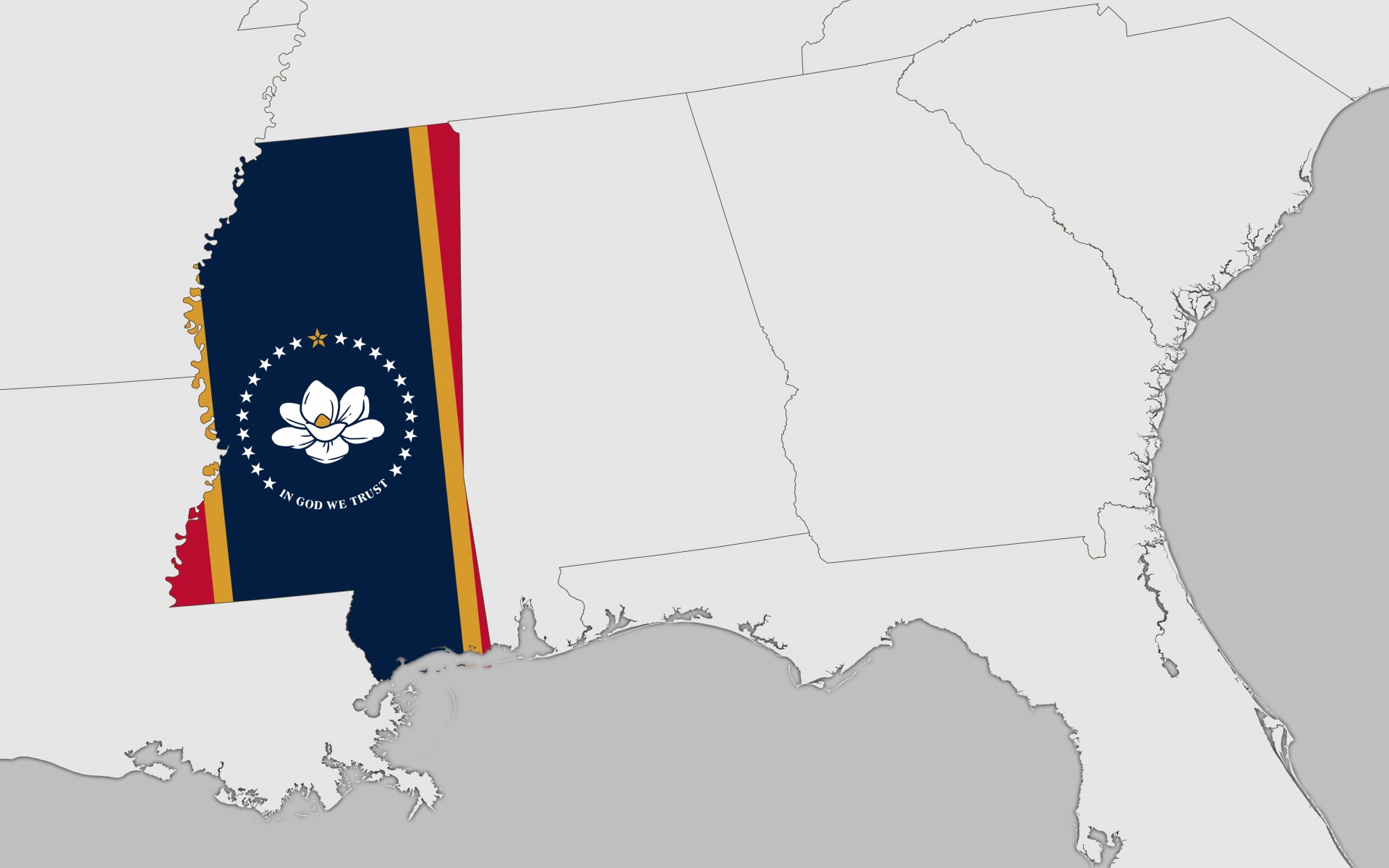 How Mississippi moved from the bottom to the top in education
How Mississippi moved from the bottom to the top in educationIn the Spotlight All eyes are on the Magnolia State
-
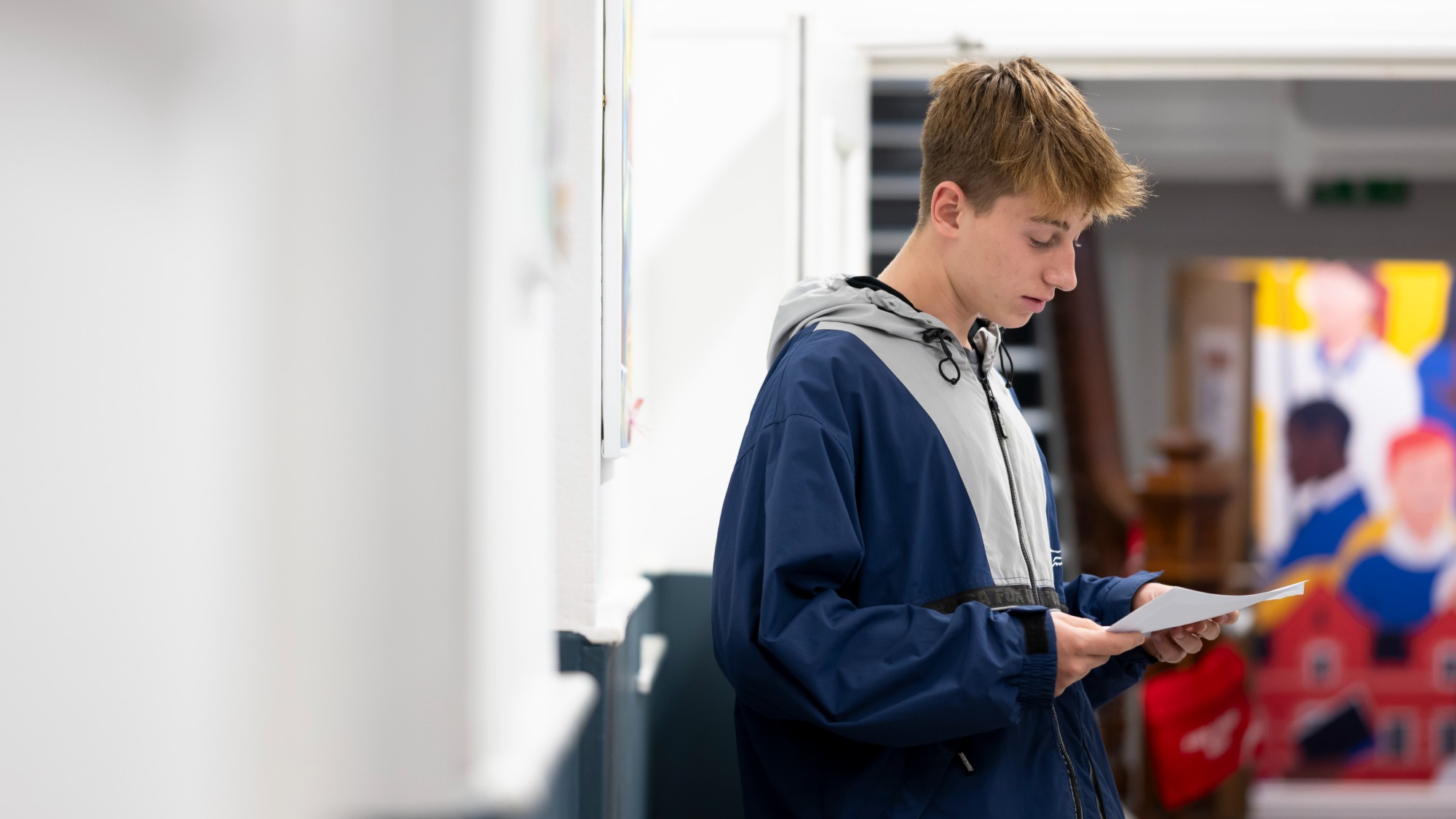 How will new V level qualifications work?
How will new V level qualifications work?The Explainer Government proposals aim to ‘streamline’ post-GCSE education options
-
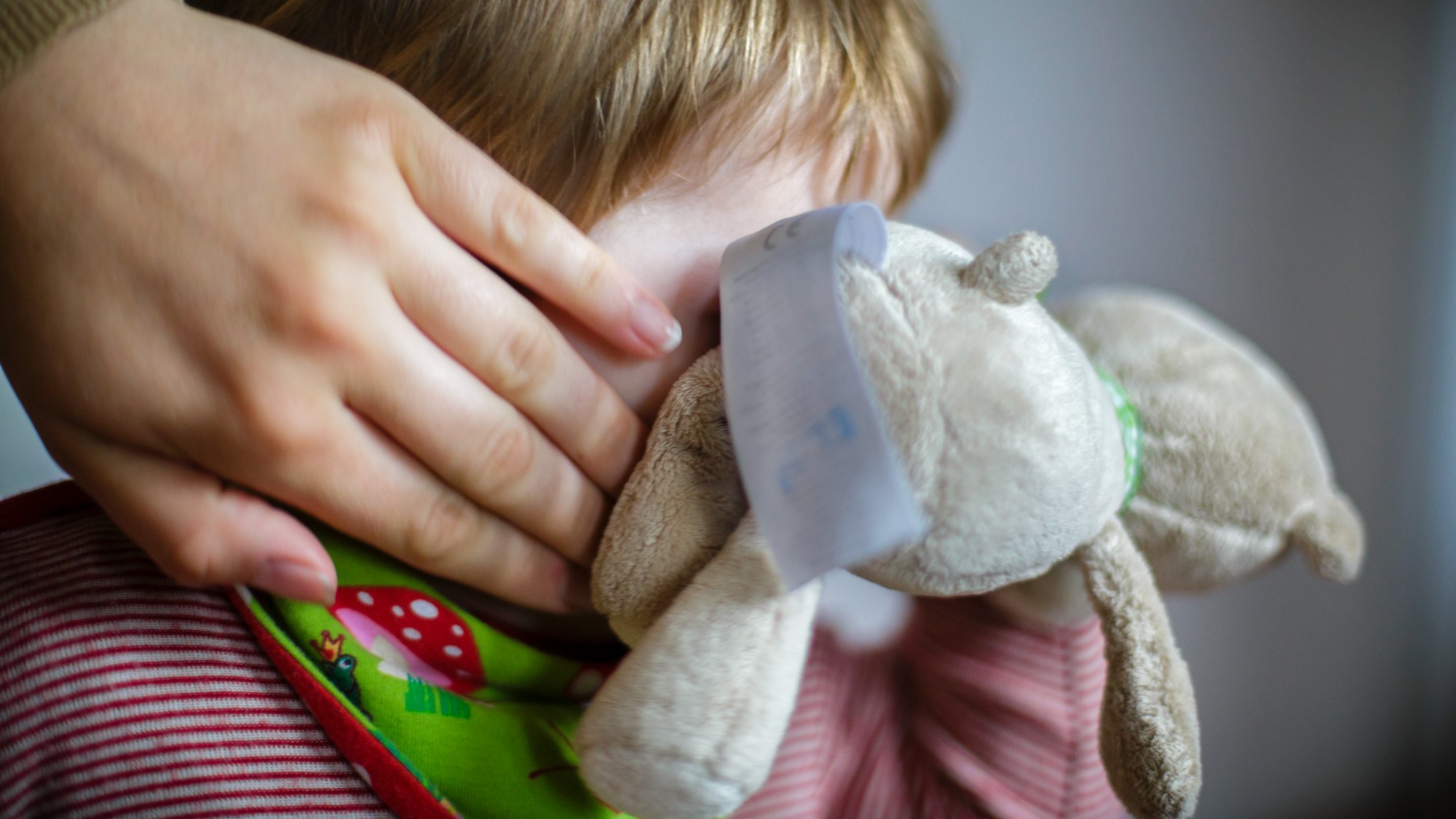 England’s ‘dysfunctional’ children’s care system
England’s ‘dysfunctional’ children’s care systemIn the Spotlight A new report reveals that protection of youngsters in care in England is failing in a profit-chasing sector
-
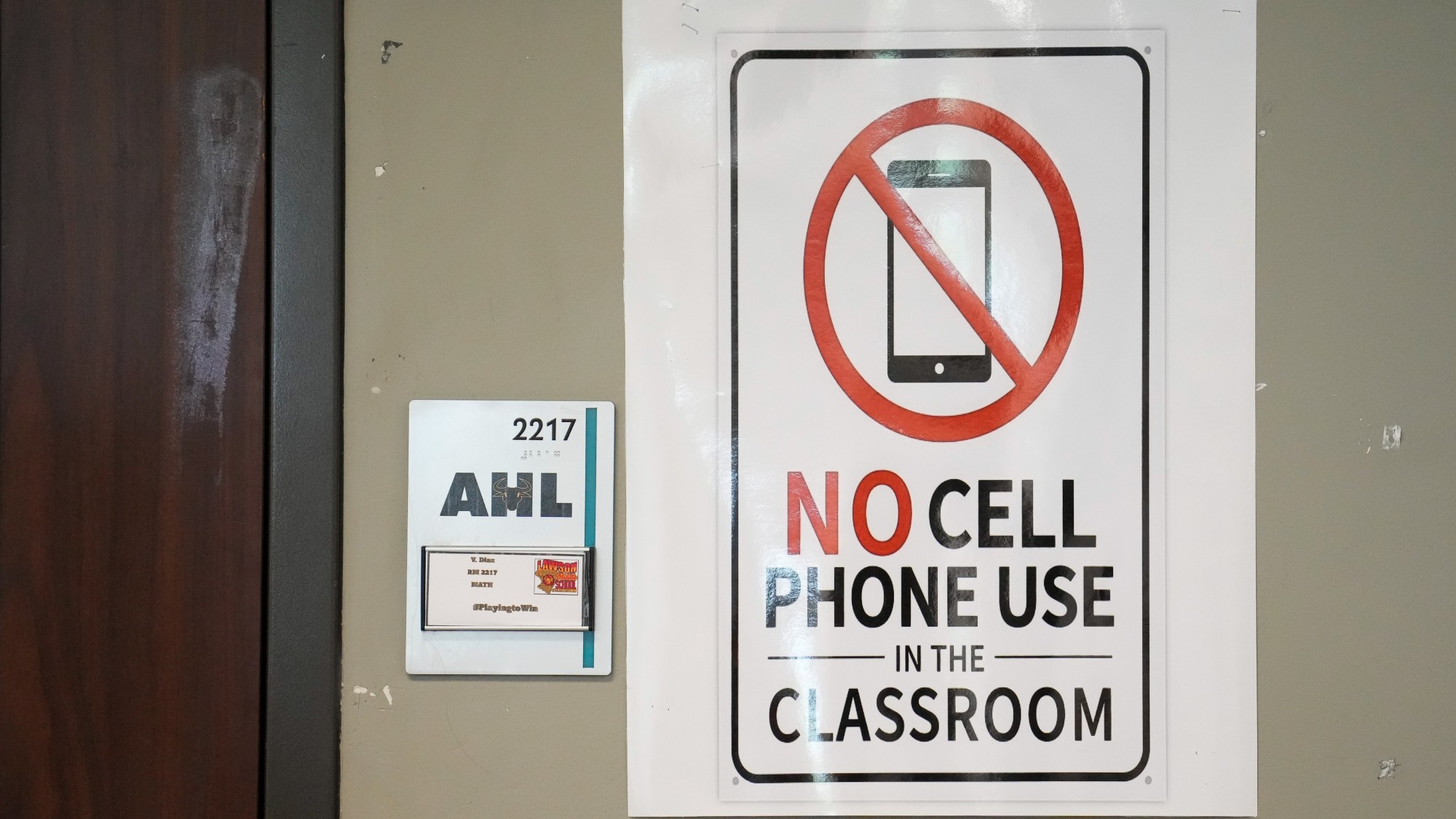 The pros and cons of banning cellphones in classrooms
The pros and cons of banning cellphones in classroomsPros and cons The devices could be major distractions
-
 School phone bans: Why they're spreading
School phone bans: Why they're spreadingFeature 17 states are imposing all-day phone bans in schools
-
 Schools: The return of a dreaded fitness test
Schools: The return of a dreaded fitness testFeature Donald Trump is bringing the Presidential Fitness Test back to classrooms nationwide
-
 Send reforms: government's battle over special educational needs
Send reforms: government's battle over special educational needsThe Explainer Current system in 'crisis' but parents fear overhaul will leave many young people behind